Prions, or toxic proteins, are a form of protein structure with a multi-directional arrangement that can cause diseases related to the degeneration of the central nervous system, damaging muscle structure…
While scientists work behind closed doors to safeguard the future of humanity, a silent war is taking place within the human body.
This involves a prion hidden on human chromosome 20, an invisible threat that parasitizes within our genes. It is like a ticking time bomb, always threatening our life safety.
Analysis of the Origin and Characteristics of Prions
Human chromosome 20 has long been regarded as an “elimination chromosome,” until recent studies revealed that this chromosome harbors a mysterious “parasite” known as prion.
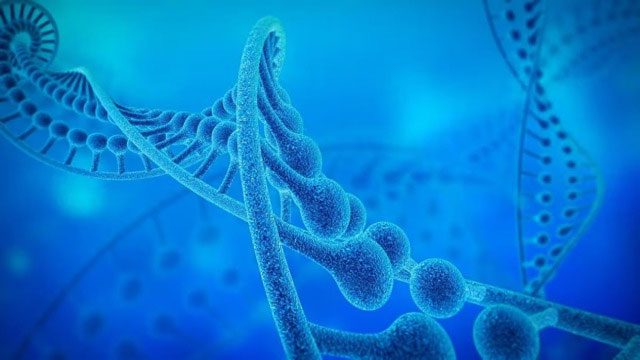
Although prions are carried by most people, they often remain inactive and do not directly harm the human body. However, when the immune system is attacked by stress or other diseases, prions can potentially be reactivated, leading to various serious illnesses. (Photo: Zhihu).
The origin of prions has always been a focal point of debate among scientists. One hypothesis suggests that prions arise from human interaction with other species. In-depth studies have indicated that prions share a high degree of similarity with a certain virus found in pigs, raising concerns about the transmission of viruses between humans and animals. Another hypothesis posits that prions are a product of our own evolutionary process, existing in our gene pool since ancient times but remaining less active.
In fact, prions can exhibit varying levels of activity in individuals who carry them. Previous studies have shown that the expression and onset of prions are closely related to the state of the human immune system. Their incubation period can last for years and will react when the immune system is compromised or under stress.
Compared to other viruses, prions have a higher mutation rate. This change provides prions with the ability to adapt to different environments and also creates opportunities for viruses to evade the body’s immune system to escape detection.
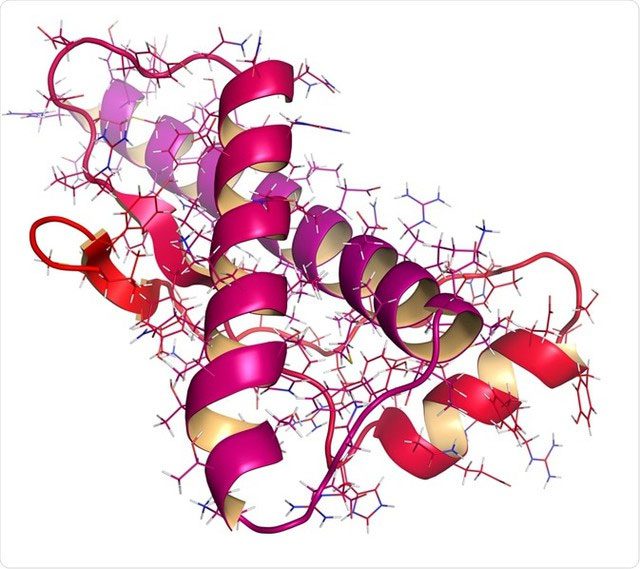
The most significant disease related to prions is prion disease – a chronic progressive encephalitis caused by HIV. The pathogenesis of prions is very complex, and prions play a crucial role in it. Once activated, prions will infect and destroy cells in the nervous system, leading to symptoms such as memory loss, cognitive decline, and muscle weakness. These symptoms worsen over time and can ultimately lead to paralysis and death. (Photo: Zhihu).
Although prions primarily operate silently, some studies have indicated that they may be related to certain diseases in humans. Prions have been linked to the development of diseases such as cancer and autoimmune disorders, but the mechanisms underlying this relationship still require further investigation.
Scientists are striving to characterize prions in order to explore potential treatment methods. Among these approaches, one research method is to restore the immune response to related diseases by reviving the expression levels of prions. Although still in experimental stages, this has opened a new avenue for disease prevention and treatment.
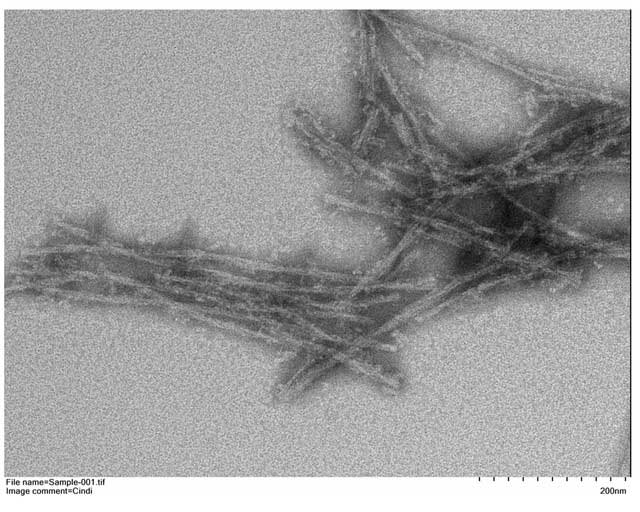
Moreover, the association of prions with other diseases is still under investigation. Some studies suggest that prions may be associated with autoimmune diseases such as multiple sclerosis. (Photo: Zhihu).
The Impact of Prions on Human Genes
With deeper research into prions and their effects on human genes, our understanding of this hidden virus is gradually improving.
Prions are a type of DNA virus, uniquely existing only on human chromosome 20. This virus was first discovered in 1997. By analyzing data from the “Human Genome Project,” scientists uncovered an unknown sequence associated with human genes, specifically the DNA sequence of prions. However, because they are relatively difficult to detect, the relationship between prions and various health-related diseases remains unclear.
Researchers began to delve into the prion gene and found their association with certain genetic diseases. For instance, studies in recent years have indicated that there may be correlations between prions and autoimmune diseases, certain tumors, and cardiovascular diseases. However, further research is needed to clarify the specific mechanisms of these associations and their implications in humans.
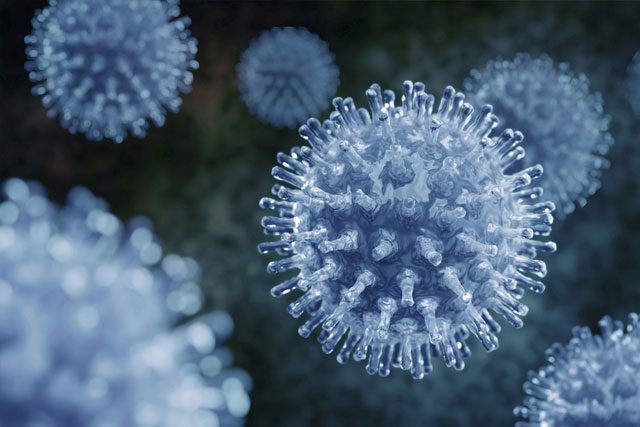
Prions may also be related to the emergence of certain cancers. Research has shown a certain correlation between prions and malignant tumors like stomach cancer, lung cancer, and lymphoma. Although prions themselves do not directly cause tumor formation, they may contribute to tumor development and progression by affecting cell growth and immune system balance. (Photo: Zhihu).
In addition to their negative impacts, prions may also have positive effects on human genes. Studies have indicated that the presence of prions in the human gene pool could enhance human immune capabilities by boosting the functionality of the human immune system.
Prions may also participate in the diversity and evolution of human genes. By assessing the distribution and variation of prions in different populations, researchers can gain a better understanding of human genetic diversity and its impact on health and human adaptation.

Prions are misfolded proteins, transmitting their misfolded form to normal variants of the same protein. This causes several neurodegenerative diseases, which can be severe and fatal, transmissible in humans and animals. (Photo: Zhihu).
Research on prions indicates they have significant potential applications in medicine and life sciences. By further investigating the relationship of prions with genetic diseases, scientists may identify potential therapeutic targets for these ailments. This could lead to the development of more effective drugs and treatment methods for prion-related diseases.
However, prion research still faces many challenges. Due to prions existing in specific regions of the human gene pool, researchers often encounter technical difficulties, such as accurately detecting and analyzing the presence of prions and their effects on human genes. Protecting personal privacy and ethical issues are also important considerations in prion research.
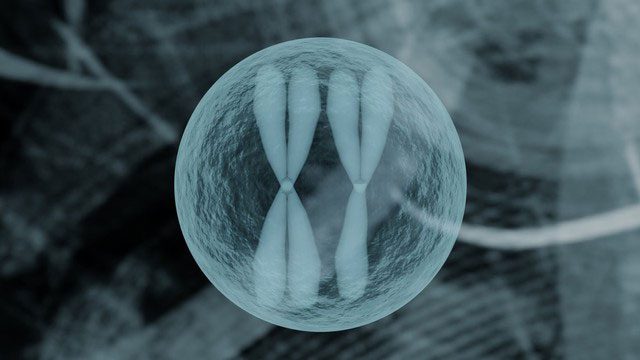
In-depth research on the distribution and variation of prions in the human gene pool can help us better understand the structure and diversity of the human genome, thereby improving the accuracy of medicine and offering more possibilities for personalized treatment. (Photo: Zhihu)


















































